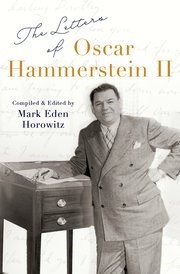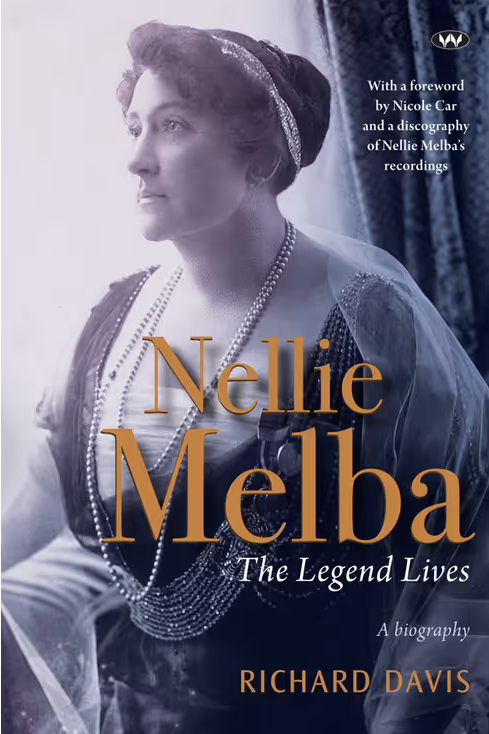The Letters of Oscar Hammerstein II
Oxford University Press, US$39.95 hb, 1,076 pp
Getting to know Oscar
In the history of the American musical, Oscar Hammerstein II (1895–1960) presents us with what his Siamese king would have described as a puzzlement. Lacking the sophistication of Cole Porter, the verbal dexterity of Lorenz Hart, and the sly wit of Ira Gershwin, his lyrics, taken out of context, can seem hokey and sentimental. Will he ever be forgiven for The Sound of Music’s ‘lark who is learning to pray’? And yet it is his works, written in collaboration with Richard Rodgers, that are constantly revived rather than the flimsier concoctions of his more favoured contemporaries.
Early musicals were built around stars. The plots were insubstantial affairs that allowed the leads to perform their individual shtick between songs. The standard view of the musical is that Rodgers and Hammerstein’s first collaboration, Oklahoma! (1943), revolutionised the form by integrating the songs and dances into a strong plot with three-dimensional characters, but Oscar – we are going to be meeting many Hammersteins, so first names will have to do – always considered the book of a musical to be of vital importance and to the end of his life complained about the lack of acknowledgment for its creator. Here he is in an early letter to his uncle Arthur on a mooted musical version of the Dybbuk. ‘If the play is a success the praise will go to the producer, the composer, Ansky who conceived it … Otto [Harbach] and I will be away off in some little dark corner. On the other hand – if … the play does not win critical favour you know what they’ll say. “Why did Arthur Hammerstein bring in two musical comedy hackwriters to spoil this fine thing?”’
Oscar’s great strength was as an adaptor. His original works were never really successful, and long before his association with Rodgers, Oscar wrestled Edna Ferber’s baggy novel Show Boat into a workable, coherent theatrical piece in which the songs served and contributed to the plot. He writes that the adaptor is ‘[a] craftsman in his own right, it is his function to create in his own world and with his own tools the characters and situations created by the original author’.
Continue reading for only $10 per month. Subscribe and gain full access to Australian Book Review. Already a subscriber? Sign in. If you need assistance, feel free to contact us.
















Leave a comment
If you are an ABR subscriber, you will need to sign in to post a comment.
If you have forgotten your sign in details, or if you receive an error message when trying to submit your comment, please email your comment (and the name of the article to which it relates) to ABR Comments. We will review your comment and, subject to approval, we will post it under your name.
Please note that all comments must be approved by ABR and comply with our Terms & Conditions.